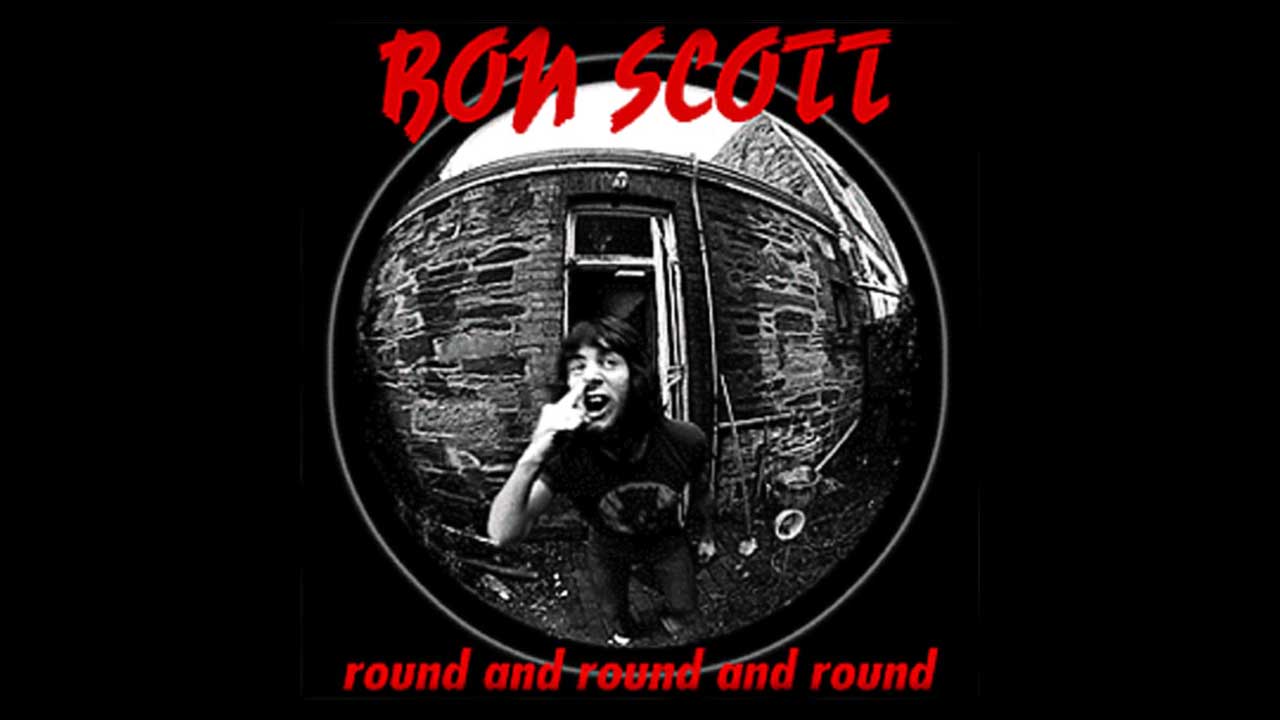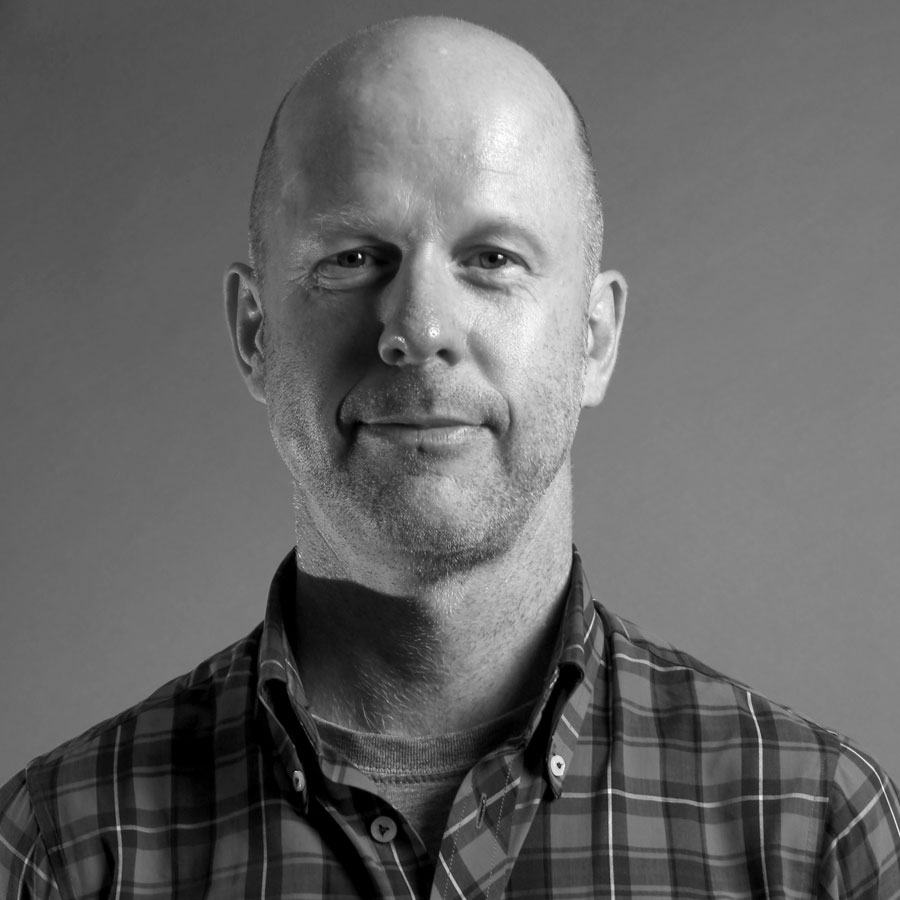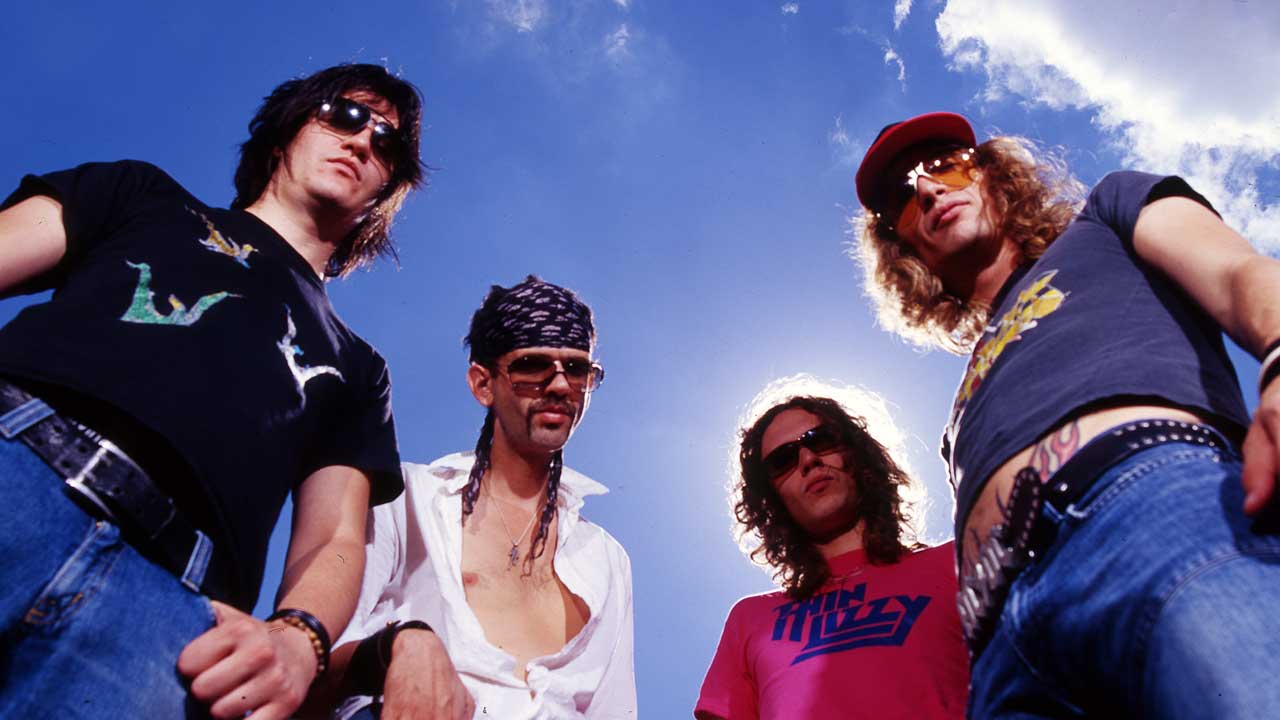Country rock, a crash and a coma: the story of Bon Scott's life as a Mount Lofty Ranger
Before he joined AC/DC, Bon Scott was in country rockers the Mount Lofty Rangers, until a near fatal crash. This is the story

Bon Scott rarely missed a gig, but on May 3, 1974, even he knew he was too pissed to pull it off. Fresh from a drunken fight with then-wife Irene, the singer got on his Triumph motorbike and sped halfway across Adelaide to where his bandmates in country-rock outfit Mount Lofty Rangers were rehearsing.
He planned to tell them he’d not be joining them at the Old Lion Hotel that night – driving under the influence was one thing, but Scott wouldn’t get on stage unless he could do the job.
During his short visit, Scott got in a fight with Rangers bassist Bruce Howe. The two had clashed before – they’d both been members of hard-drinking hippy rockers Fraternity, and came to blows during one of that band’s fraught jams – but tonight it didn’t take much to test Scott’s temper. No one can remember what set him off, but after the resulting bust-up he stormed off, drunkenly walking into the door three times on his way out.
“We tried to stop him,” recalls Rangers keyboardist, Peter Head. “I remember saying, ‘Bon, don’t go off, you’re too drunk, you can’t drive,’ but because he was pissed he didn’t listen to any of us. This,” he sighs, “was nothing unusual.”
An hour later, Head received a call. After tearing off on his Triumph, Bon had collided head on with a car. He survived, but only just – beaten, battered and near death, the singer spent three days in a coma. It would take him a long, long time to recover.
“We didn’t go and see him for a few days ’cos he was in intensive care and they didn’t know if he was going to live,” says Head. “When we did go he looked terrible – he’d lost all his teeth, he was a total mess, he was covered in bruises and scratches.”
The crash brought an end to Scott’s four-month, 12-gig career with the Mount Lofty Rangers. By October 1974, following months of recuperation, he’d left Adelaide for Sydney and a career with AC/DC. But tantalisingly, he’d left behind recordings of two songs that were only given a proper airing 40 years after the event.
Sign up below to get the latest from Classic Rock, plus exclusive special offers, direct to your inbox!

Peter Head refers to himself as the Mount Lofty Rangers’ “musical director”. More a collective of likeminded musicians than a band, some 240 members passed through between 1974 and 1979, among them future Cold Chisel frontman and Little River Band vocalist Glenn Shorrock. But Bon Scott is their most famous old boy.
The Rangers came together after Head’s previous band, progressive blues rockers HeadBand, split at the start of 1974. The latter shared management with Fraternity – “We had the same tour bus, we did the same gigs together,” 67-year-old Head recalls – and he became good friends with Scott. Head formed the Rangers to stave off boredom and starvation. Bon was one of several singers they had, most of whom played instruments.
“We were all sitting around broke, and I thought the easiest way to get by was to throw together a country rock band,” recalls Head, who has called Sydney home for the past 30 years. “We could do a few dozen three-chord country songs, have a bit of fun and throw it together quickly.”
That initial brief became more colourful as members came and went.
“There were bizarre gigs where we’d have a violinist from a symphony orchestra, a guitar player from Fraternity, a piano accordion or a sitar player,” says Head. “It was such an amalgamation of bizarre instruments and people. We played everything from jazz to rock to Indian music.”
The original line-up featured members of Fraternity and HeadBand and had their first jam in a garage in the suburbs of Adelaide in January, 1974. Rehearsals would often spill out onto the driveway and morph into street parties.
“I think we had a ten-piece version,” Head says of that first gathering, “but Bon’s voice cut through the guitars and drums. You could tell there was something special when he sang. With the Rangers he was singing mainly country music; we did a lot of really fast bluegrass country, which Bon loved. He also liked jazz and blues, not only the stuff he was famous for. That’s what I like to show in the old recordings, that there’s another side to Bon apart from the AC/DC side everybody knows.”
But the wildcat side to the singer’s personality was still there. Head recalls walking through the centre of Adelaide with Bon one night to their favourite drinking hole, the Largs Pier Hotel. As they neared their destination, three men emerged from the shadows. It turned out that their girlfriends each had a thing for the singer – not uncommon at the time, despite Scott’s wiry frame and hard-knock looks – and they were none too pleased about it.
“Bon was up there in a flash. He stood these guys down,” chuckles Head today. “They saw how ready he was to fight and they pissed off. He made them back down.”
On another occasion, the Mount Lofty Rangers performed in Adelaide’s notorious Yatala Jail, where Head had been teaching guitar. After learning of Johnny Cash’s gig at San Quentin, he went to the prison authorities and suggested the Rangers do a show. That many of them had been incarcerated for marijuana-related crimes – a drug Head and Scott made no secret of enjoying – gave band and inmates more in common than a love of music, and the Rangers were treated like heroes.
“When we finished, we had a distance to go from the stage inside the jail to the gates, and it seemed like just about every prisoner lined up on the side of their cells and rattled their pans and screamed out: ‘Hey Bon! Thanks for coming!’ Just about the whole jail gave us a standing ovation on the way out.”

For all the bravado, Scott was at a crossroads in his life when he threw in his lot with the Mount Lofty Rangers. Dejected by a decade of missed opportunities with acts such as The Spektors, The Valentines and Fraternity, he was frightened that, at 27, he was getting too old to make it as a singer. His frame of mind wasn’t helped by how, as Fraternity limped to an end and played only the occasional gig, he had to take menial jobs to make ends meet. It wasn’t the first time – Head worked at an art gallery in the early 70s, and its owner would employ Bon to mow the lawns and do odd jobs.
“We’d often sit there for hours and nobody would come in the gallery,” recalls Head. “We’d have a couple of acoustic guitars and we’d start to write songs together."
By the time he joined the Rangers, Bon had a job at a fertiliser plant in Wallaroo, a few hours outside Adelaide. It was back-breaking work. “One time I met him and he’d been working on the back of a truck lugging around bags of shit for ten hours, which is really hard work,” says Head. “He came to my place after that particular day and said: ‘While I’ve been lugging around these bags, I’ve had two songs running around in my head.’ He asked me to help get them together, because he knew about three chords on the guitar and that’s it. So we sat around for another six hours and worked them out.”
The two songs were Clarissa – “A lovely ballad,” recalls Head – and the more rambunctious I’ve Been Up In The Hills Too Long. In return, Scott agreed to sing on Head’s demos for two songs he wrote: piano-boogie rocker Round And Round and the pastoral Carey Gully, the latter as far removed from AC/DC’s three-chord bluster as you can get.
Determined to get Head’s songs on tape, they booked a session at Adelaide’s Slater Studios, the city’s first eight-track recording studio. At AUD$40 for a two-hour session its facilities were beyond the reach of many – the average weekly wage in Australia in 1974 was around $120 – but for Head and Scott the thrill of graduating from four-track to something more professional was such that they were willing to dig roads for a few days.
Head can’t remember the date of the session, but he does recall it lasting two hours. The pair were joined in the studio by musician mates including guitarist Phil Caulson, Fraternity drummer John Freeman and future Angels bassist Chris Bailey. Scott and Head taught the others each song and then recorded it. There was little time to finesse what they had done.
“On the tapes I can hear Bon laughing his head off at the end of a first take, cos he went for a really high note and didn’t quite hit it,” says Head. “He got it right the second time. He was quick, he was efficient.”
It wasn’t the pair’s only experience of working in a studio. “We did some jingles together in 1974 for a country radio station, 2ST, and he just churned them out,” says Head. “I’ve got a copy of them somewhere. I don’t think the radio station ever realised they had Bon Scott singing.”
Head’s ambitions for Round And Round and Carey Gully were slight. “We hoped we might sell a couple of dozen copies in Adelaide. We didn’t have a record company. We did it for the sake of the music and that’s it. But Bon was very enthusiastic about helping and said: ‘I hope something happens with this one day and I hope it works for you.’”
Bon’s motorbike crash in May 1974 marked the end of his tenure in the Mount Lofty Rangers. After the accident, Head himself temporarily abandoned the Rangers in favour of solo piano-bar gigs, tired of the responsibility of keeping a band going. He and Bon still spent time together.
At one point they were employed by local promoter Vince Lovegrove to put up posters for touring bands – one of which was AC/DC, for whom Scott ended up acting as driver and tour guide shortly after he got out of hospital. But Scott and Head would never work together again musically. The next time Scott entered a studio, it was in November 1974 as a member of AC/DC.
“We thought he was copping out a bit joining AC/DC, cos they were a pretty simple rock band,” says Head, “whereas Fraternity were a really complex, progressive rock’n’roll band on the level of King Crimson. So we thought Bon was going for a commercial thing. But nobody blamed him, cos we all knew how many years he’d spent struggling, trying to get recognised. We all wished him luck and said: ‘Hope it works.’ And it did.”

The Mount Lofty Rangers story doesn’t end with Bon Scott’s departure. While the singer went on to great things with AC/DC, Head spent the next few years playing sporadic MLR gigs with whichever musicians were available. In 1977, while working as musical director at an arts festival in Adelaide, he staged the bushranger tale Lofty, which featured the songs Clarissa and I’ve Been Up In The Hills Too Long. (Both were finally recorded for a 2011 album of the musical, released on iTunes and credited to Peter Head & The Mount Lofty Rangers.) But the two tracks Head and Bon laid down back 1974 were lost in the mists of time.
At least they were until 1996, when Head ran into old friend Ted Yanni in a Sydney nightclub. Another face from the Adelaide scene of the late 60s/early 70s, Yanni had also been mates with Bon – his bands the Plastic Tears and Levi Smith’s Clefs shared stages with The Valentines and Fraternity. The pair started reminiscing, and Yanni asked Head if he had any recordings from back in the day. Head told him about Round And Round and Carey Gully.
It got Yanni thinking. By now an established producer and sound engineer, he decided to resurrect Scott’s vocal on Round And Round and update it with a brand new backing track. Calling in favours at studios in Sydney, he stripped Scott’s vocals from the two-minute-47-second original and rebuilt it into a slightly longer version, first by re-recording Head’s main piano hook, atop of which musician friends laid down the remaining instruments. He then fitted Scott’s original vocals to the music, and the song was renamed Round And Round And Round to reflect the update.
All three songs – Round And Round And Round, plus the original versions of Carey Gully (to which Yanni added strings) and Round And Round itself – were released as an EP in 1996 by Head Office Records. Despite the fact that the songs had never been heard, the EP only sold about 5,000 copies worldwide. There was talk in the mid-90s of trying to get Round And Round And Round onto a film soundtrack, but it never transpired.
Still, the songs have recently resurfaced. Head pieced together a film clip for Round And Round And Round by cutting together left-over footage of Bon from a 70s TV special on Fraternity to which he’d acquired the rights. Bolstered by backing from Australian label Blue Pie Records, all three tracks have been re-released on iTunes, giving them the opportunity to reach a wider audience.
“It was done with complete love of Bon and his legacy. That’s what drove us to put this together,” says Yanni. “It was about pooling our resources and showing there was a Bon before AC/DC. And AC/DC were very unhappy about that, because they didn’t have rights to the song. Bon did the recording before he signed their contract.”
As for what Scott would make of these songs he recorded 40 years ago finally getting a new lease of life. “I think he’d be delighted,” says Peter Head. “Because the spirit in which he did it was to help me, cos I’d helped him. And I’ve never made any money out of music, so if I do out of this I can imagine Bon sitting up there going: ‘Finally!’”
This feature originally appeared in Classic Rock 194, in March 2014. The Round And Round And Round EP is available on streaming platforms.
Rod Yates is Head of Original Content at Jaxsta and Host and Producer of 'Jaxsta's Humans Of Music' on SiriusXM's Volume Channel. A journalist with more than 20 years’ experience, he began his writing career in Canberra in the mid-Nineties when he founded his own fanzine, and from there has gone on to launch the Australian arm of British rock bible Kerrang!, edit the Australian versions of Rolling Stone and film magazine Empire, and freelance for publications such as Mojo, Classic Rock, Kerrang! UK, Men’s Style, Australian Guitar and Blunt, to name a few. More recently, Metallica drummer Lars Ulrich sent him a toaster.

